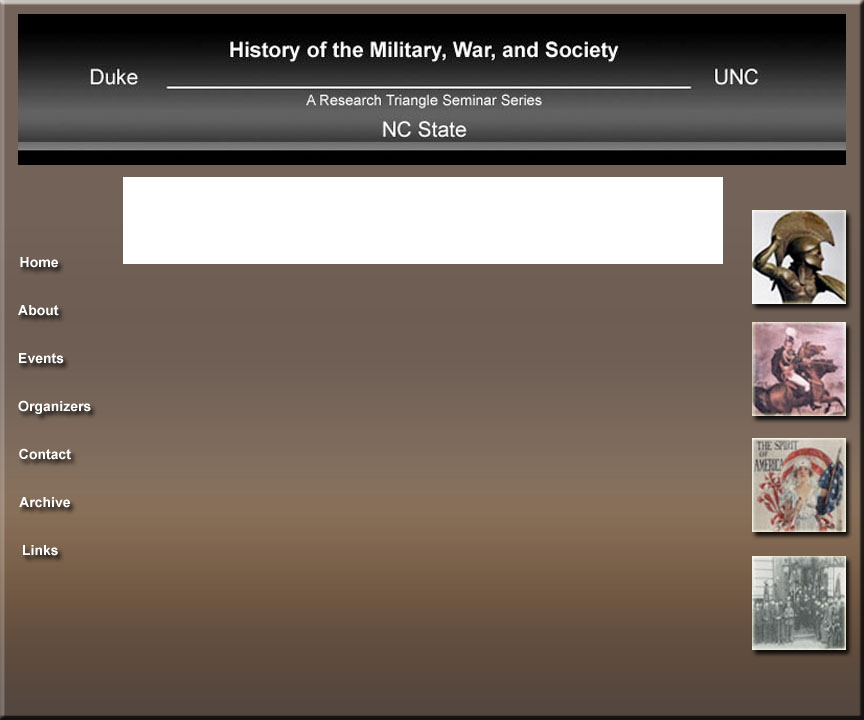
|
January 22, 2006 Amy Greenberg (Penn State University) Private Armies and Martial Masculinity: America’s Manifest Destiny to spread across the continent reached its apogee in the U.S.-Mexico War (1846-1848). Although America’s territorial gains in the following decade were limited, politicians actively worked to annex new lands in Latin America and the Pacific. At the same time, a number of Americans took expansionism into their own hands. Between 1845 and 1860, there was an epidemic of unsanctioned attacks by private American mercenaries (known as filibusters) throughout the Western Hemisphere. Despite the criminal nature of their actions, filibusters including William Walker, who rose to power in Nicaragua in 1855, became cultural icons and heroes to many American men. As social and economic transformations were changing the meaning of manhood and womanhood in the United States, filibusters offered an appealing vision of aggressive masculinity grounded in physical prowess and the ability to dominate racial inferiors. This transformation in American manhood would have devastating implications at the outset of the American Civil War. Amy S. Greenberg is Associate Professor of History and Women's Studies at Penn State University where she is also the 2005-2006 Interim Director of the Richards Civil War Era Center. She is the author of Manifest Manhood and the Antebellum American Empire (Cambridge, 2005) and Cause for Alarm: the Volunteer Fire Department in the Nineteenth-Century City (Princeton, 1998). She is currently at work on a cultural history of the U.S.-Mexican War. She received her Ph.D. from Harvard University in 1995. |